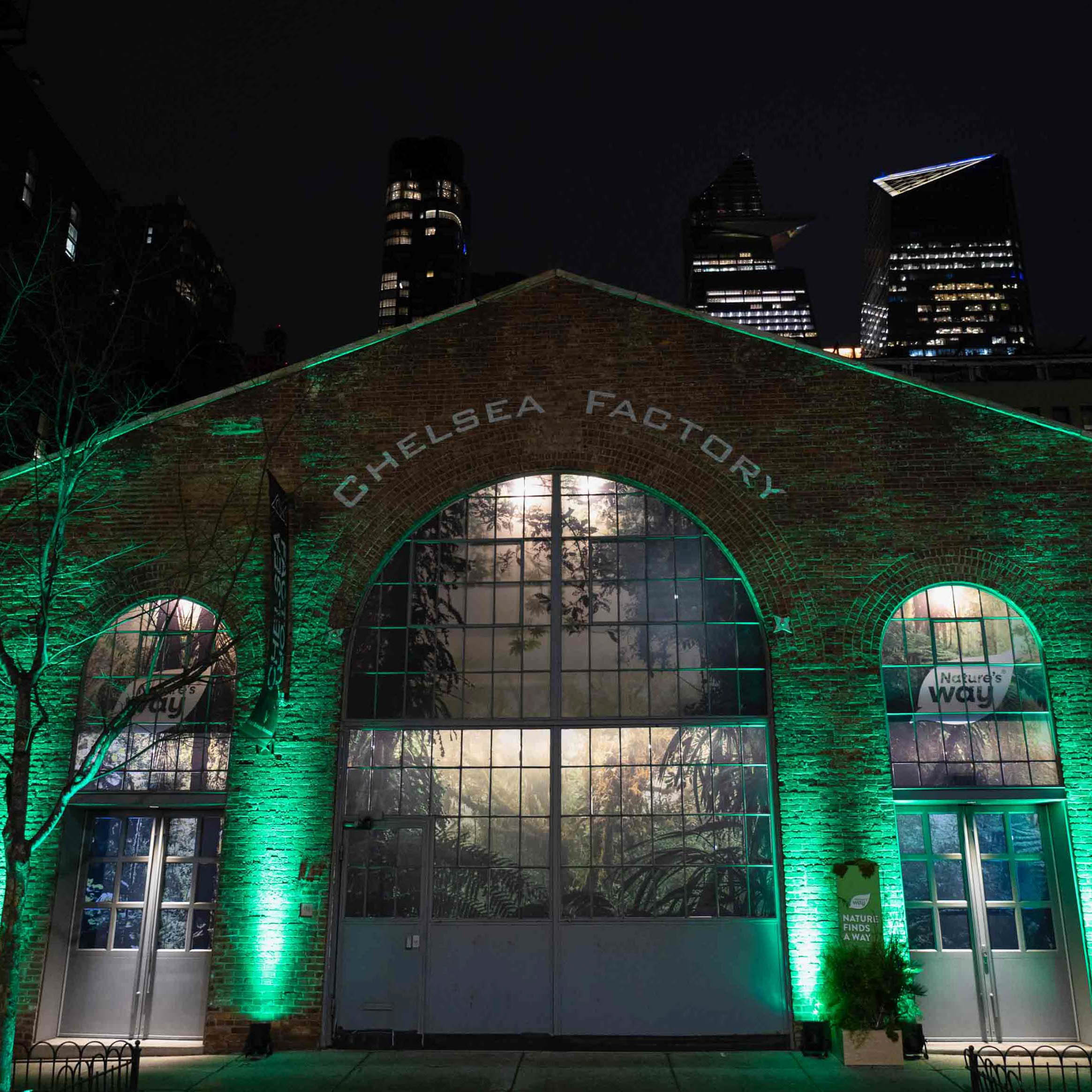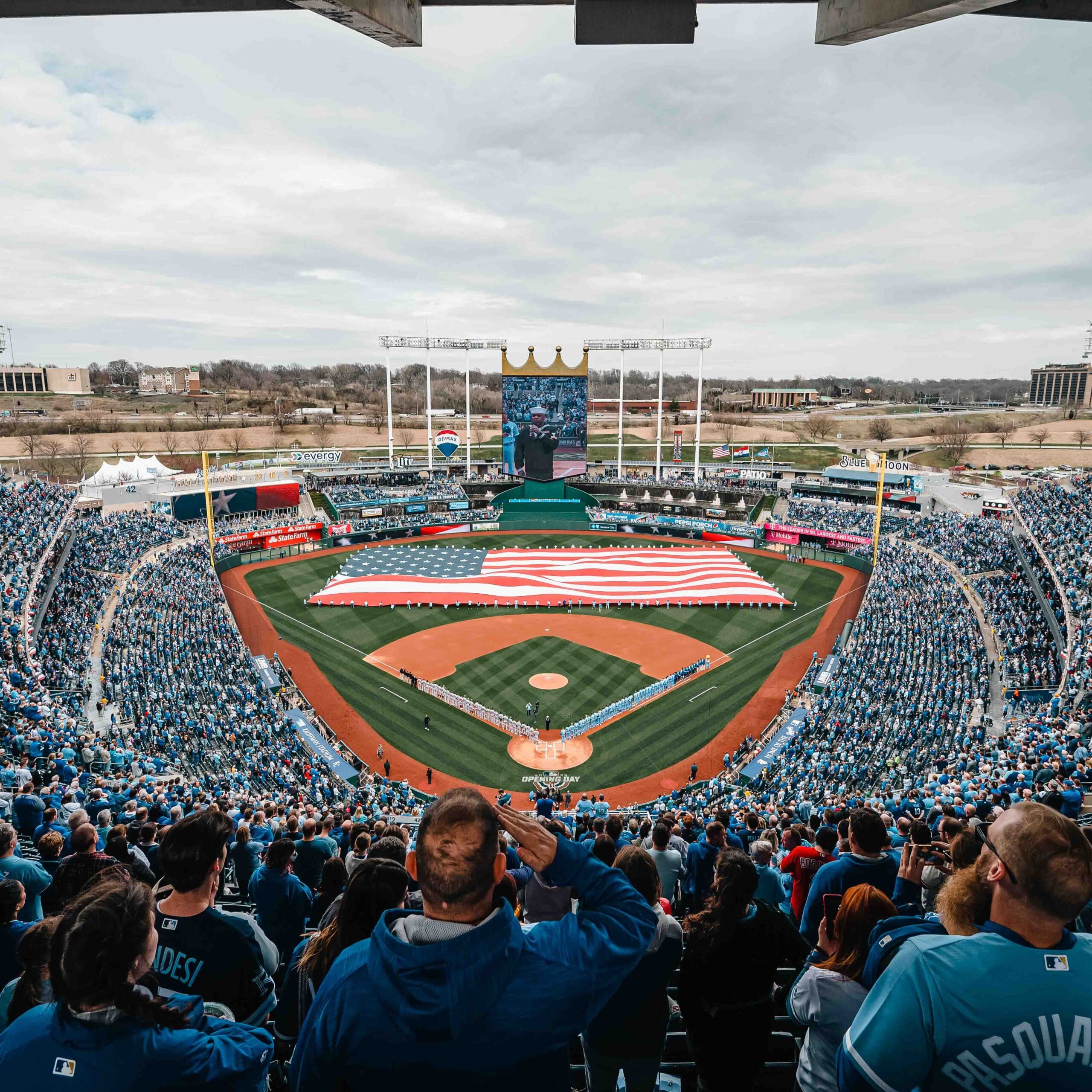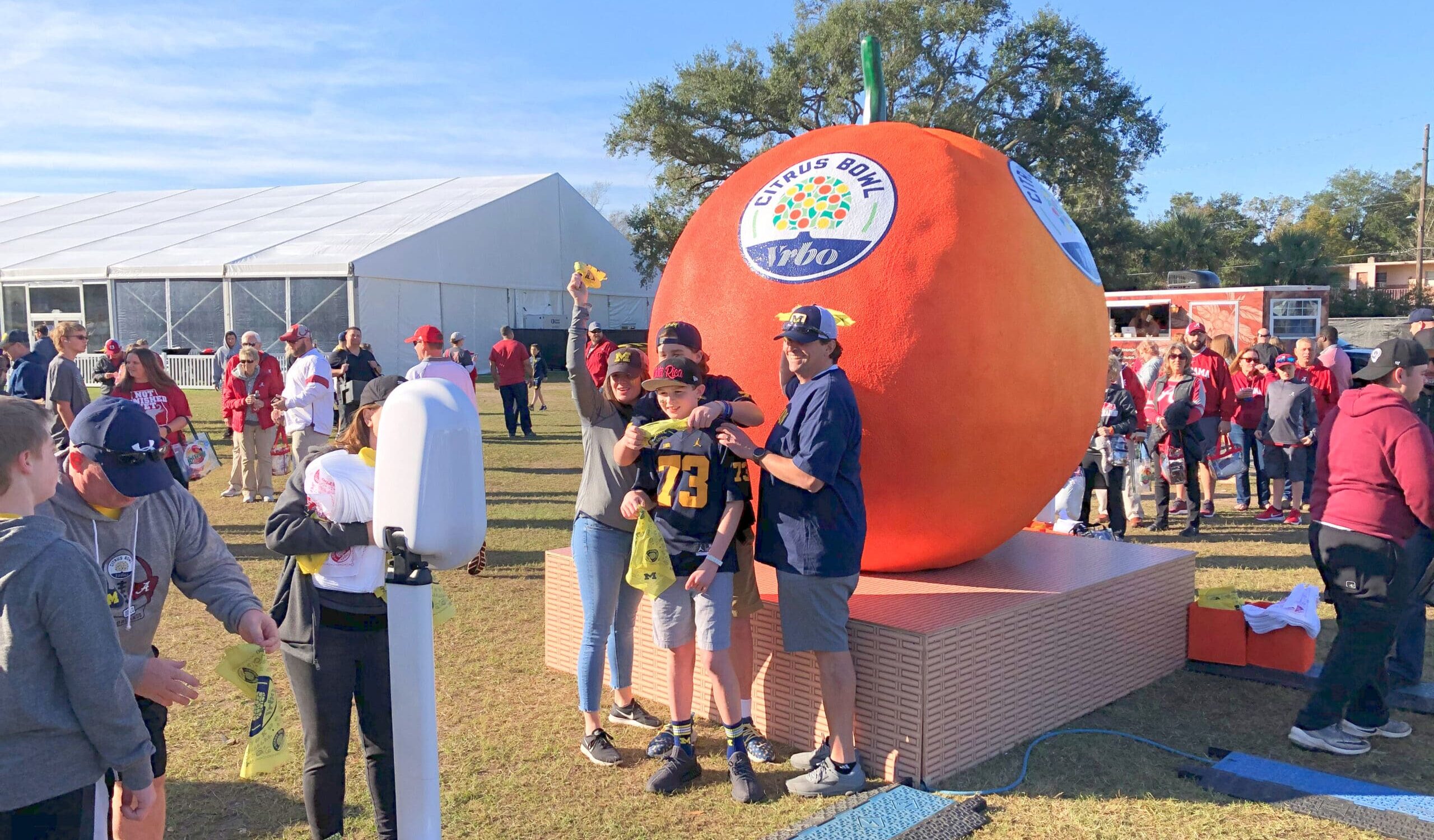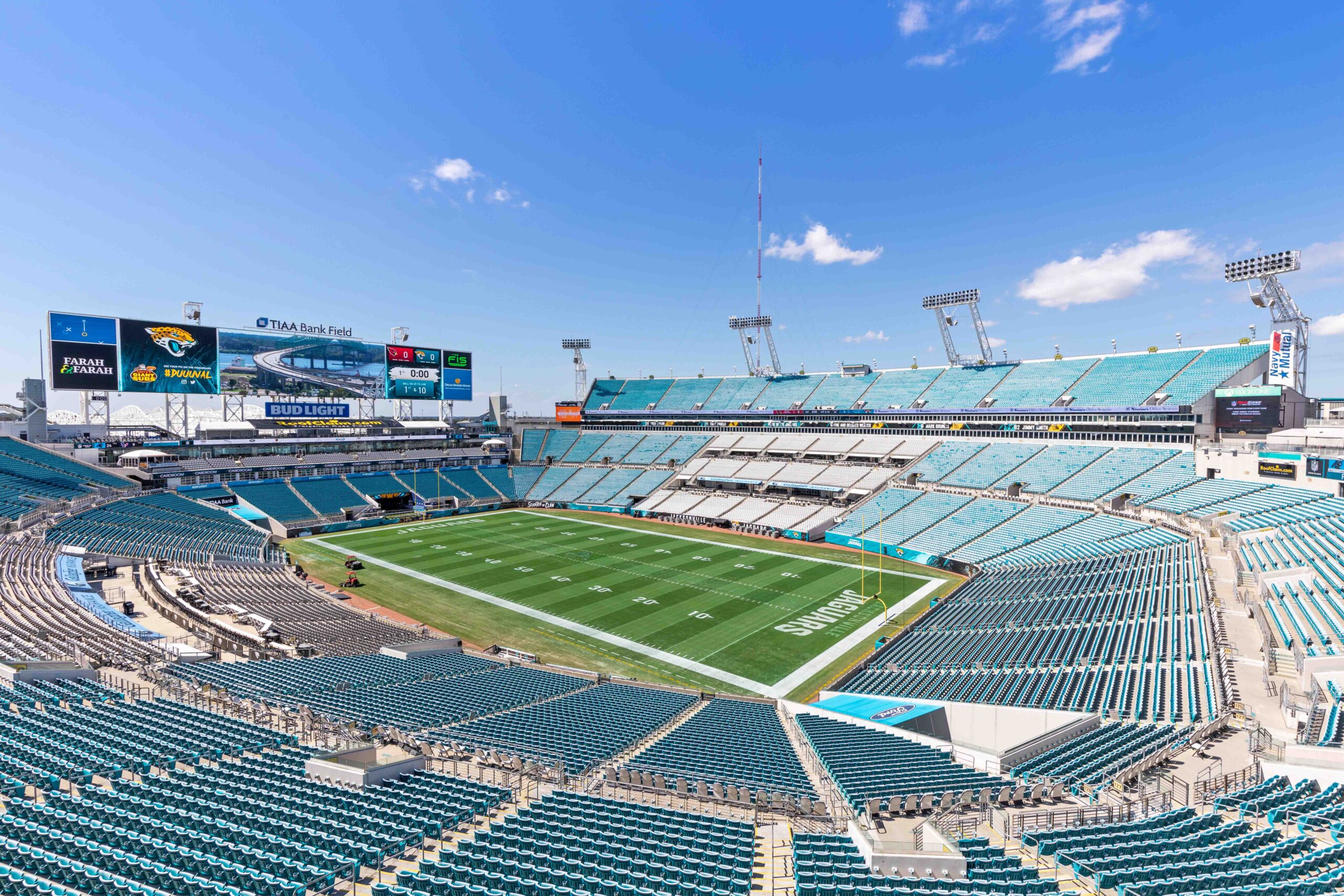
Stadium Environmental Graphics and the Impact on the Fan Experience
Stadiums are built for events and the spectators. But to be successful, owners must view them as entertainment hubs with the mission of giving everyone a good time. The better the fan experience, the more people will want to come. The immense size of stadium architecture provides an ideal medium to help turn mere attendance into an immersive sensory experience with environmental graphics. Identification and wayfinding are the tip of the iceberg—and the bare minimum as environmental graphics goes. But there are tons of other opportunities to ignite fan excitement on site. Think fan zones, sponsor activations, exhibits, or photo moment walls. The more eye-catching and cool-looking the place is, the stronger the emotional connection people will have with the in-person experience.
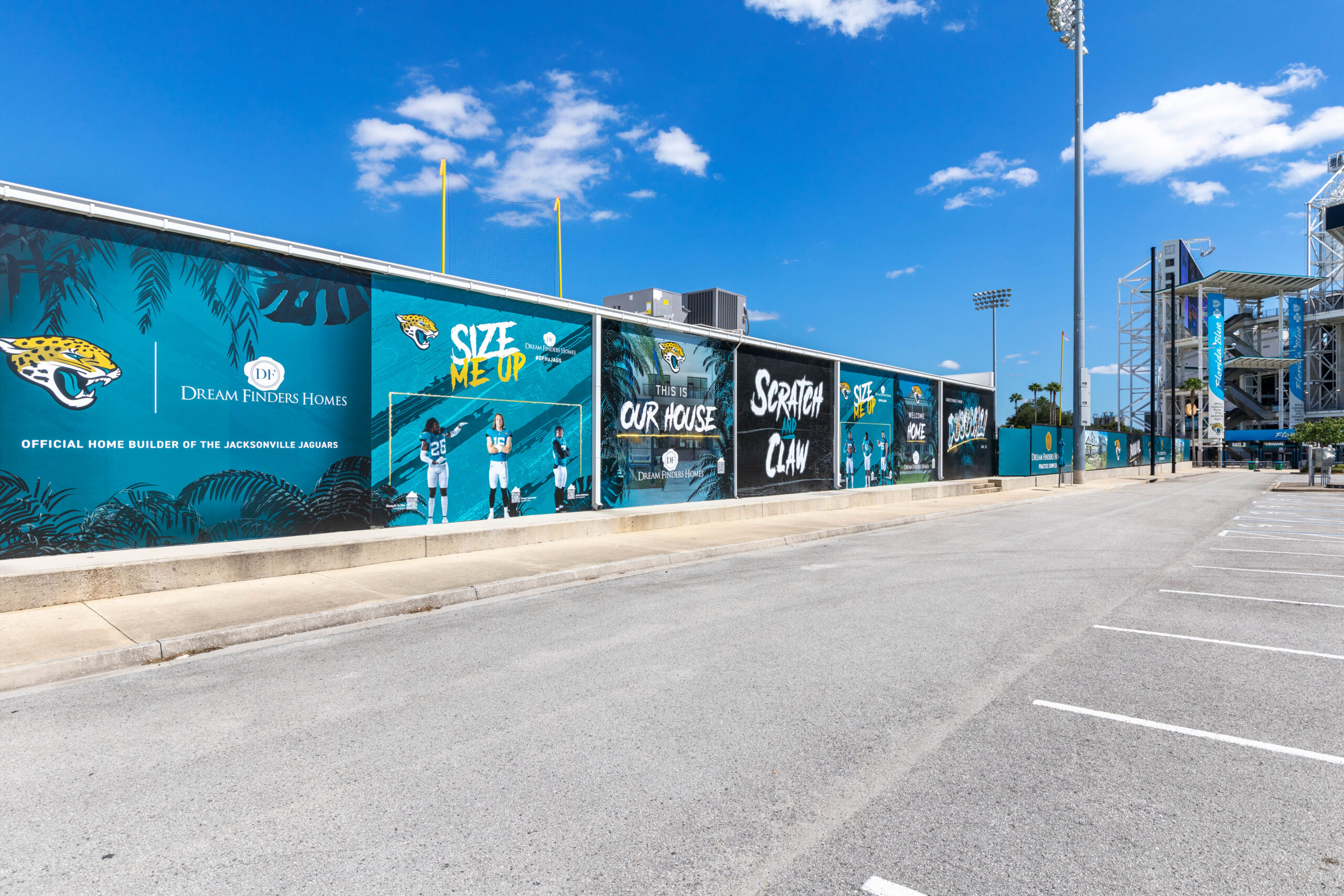
 Make Live Events Sizzle
Make Live Events Sizzle
Stadiums’ core business is live events production. After Covid, there has been an uptick in the growth of this sector. According to recent data, approximately 130 million fans attend professional and college sports games each year. [1] That’s a massive number of in-person impressions. Despite this, the in-person experience must be more entertaining than the biggest competitor: the 70-inch TV at home.
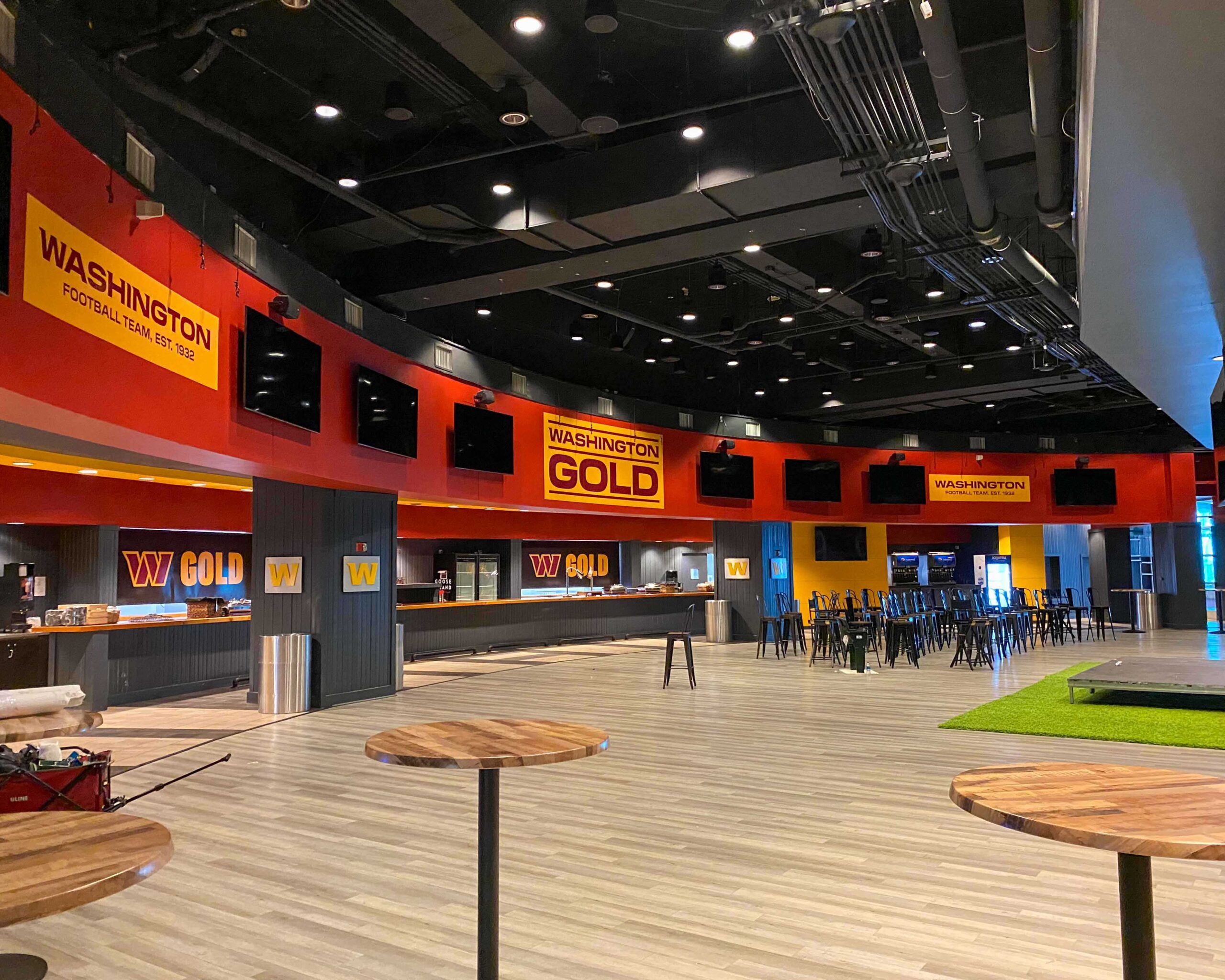
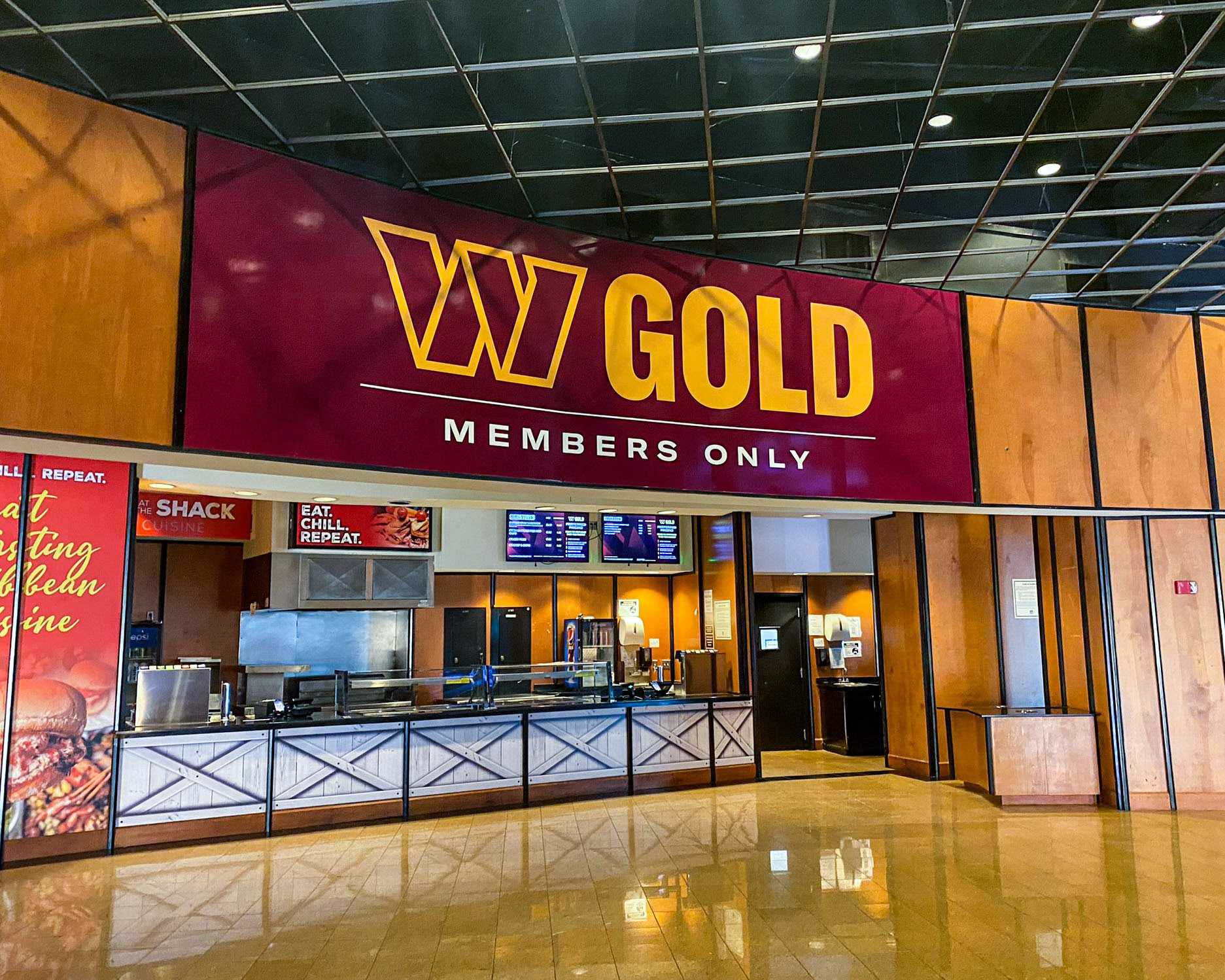
There are countless opportunities around a stadium to beautify the space and engage consumers in a non-traditional way. Life can be added to blank walls. Cold concrete becomes inviting. The design and size of what’s possible is limited only by imagination. Whether it is wayfinding and directional signage, stairwells, branded seat numbering, or parking lot and exterior plaza signage, creating a visually connective environment strengthens the overall fan experience.
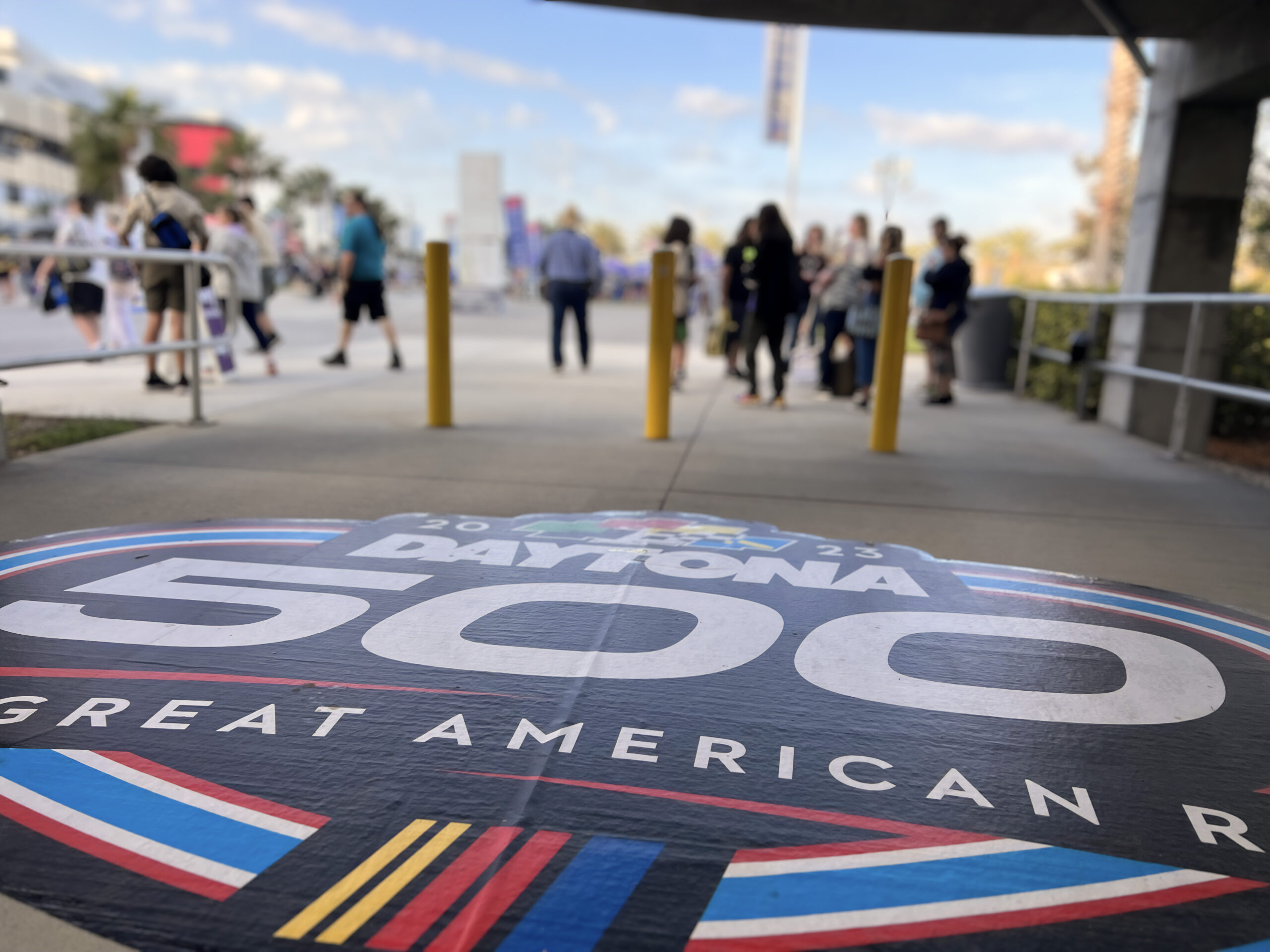 Environmental graphics will show up incidentally in photo and video content shared on social media, whether intentionally or subconsciously. The branded concessions, corporate suite, or vinyl-wrapped branded pillars often find their way into photo backgrounds. “People are 10 times more likely to share their experience on social media” when spaces have unique design features, which is one of many reasons why environmental graphic design matters. [2] Every visible physical detail, space, surface, or touchpoint must be considered for relevance for branding opportunities.
Environmental graphics will show up incidentally in photo and video content shared on social media, whether intentionally or subconsciously. The branded concessions, corporate suite, or vinyl-wrapped branded pillars often find their way into photo backgrounds. “People are 10 times more likely to share their experience on social media” when spaces have unique design features, which is one of many reasons why environmental graphic design matters. [2] Every visible physical detail, space, surface, or touchpoint must be considered for relevance for branding opportunities.
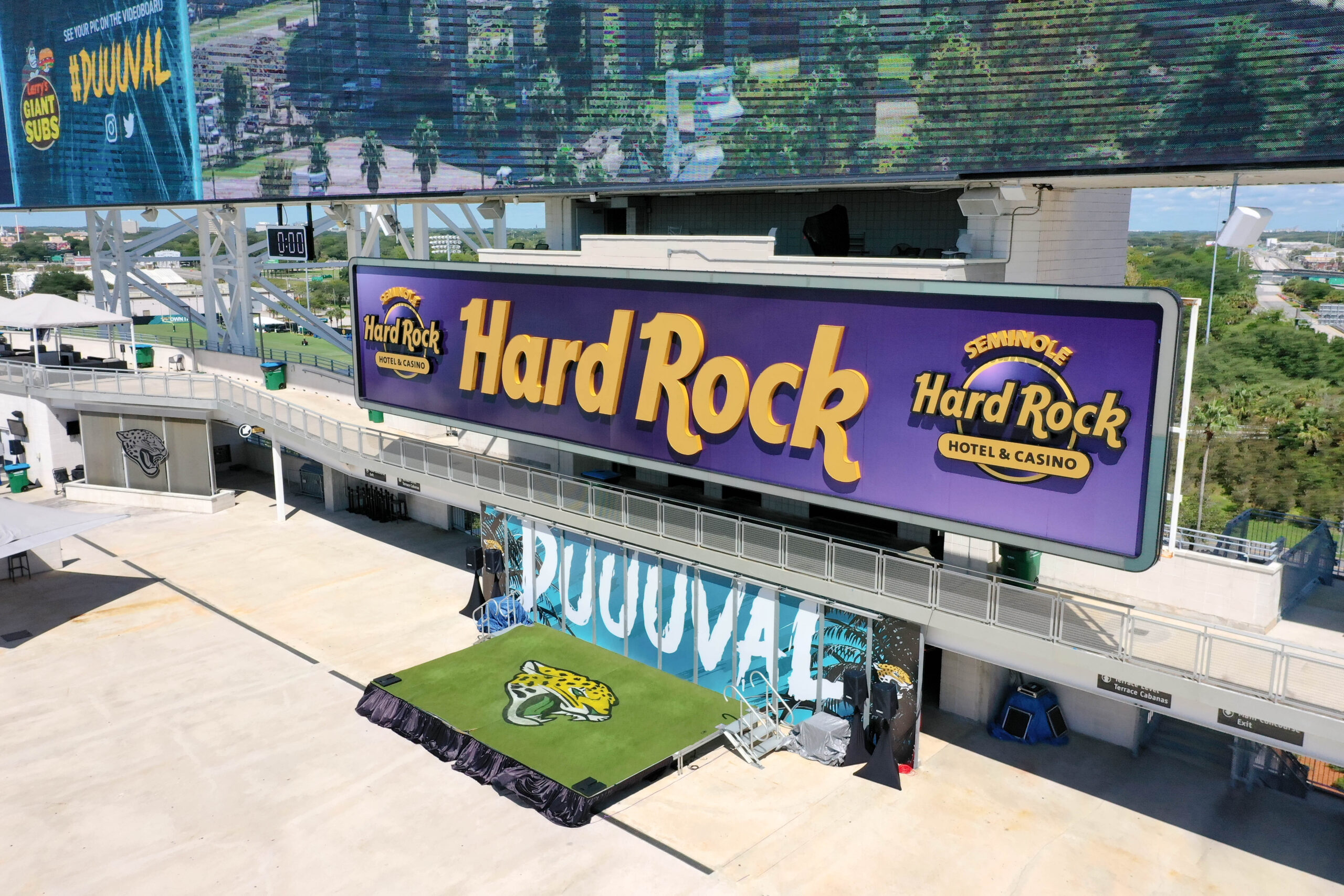
Remember the competition: the home theater? Stadiums, teams, and sponsors also gain valuable marketing mileage out of TV and streaming platforms when their environmental graphics appear on camera. Brand marketers know that physical graphics in the stadium will reach countless more fans watching on a screen. Imaginative, powerful, easy-to-see-and-read graphics and imagery boost the value of the investment in environmental branding. That’s where scoreboard branding, digital signage and flatscreen integration, and field-of-play graphics come into play.
Places Behind the Scenes
Graphics are also important in non-public spaces, where they can play a role in building team identity, supporting culture and values, and helping attract and recruit athletes, staff, and executives. Locker rooms, fitness facilities, offices, and press boxes are just a few spaces that offer great opportunities for environmental graphics that can help foster a winning enterprise identity.
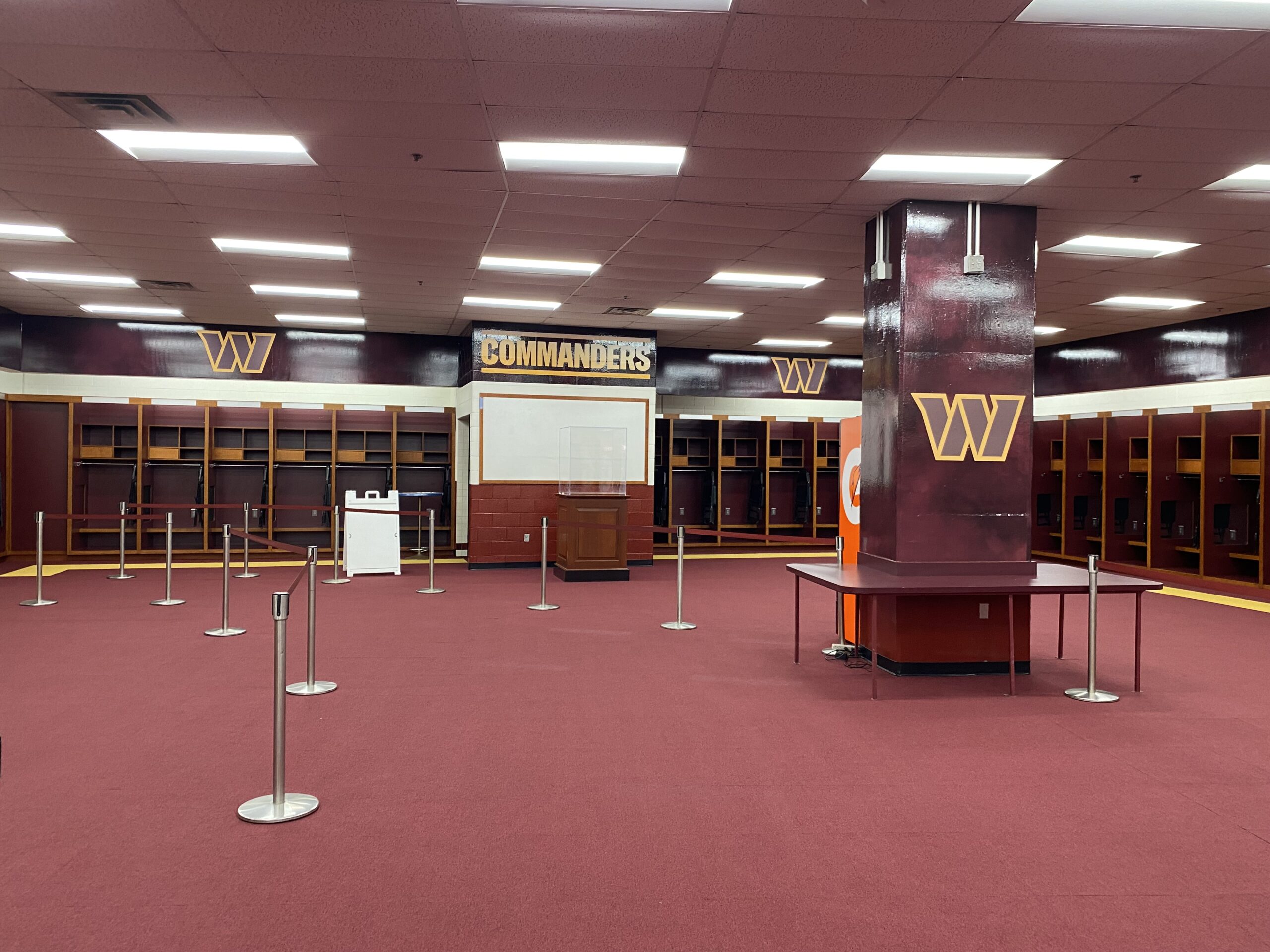 Conclusion
Conclusion
Stadiums are giant immersive entertainment hubs for fans. Decorate it as such and it boosts the experience to one that the fan has to be there for. Environmental graphics and branding leave a long-lasting connection between the consumer and the brand—even after the game is over.
[1] https://www.cnbc.com/2022/01/08/the-future-of-sports-stadiums-smaller-arenas-more-tech-greener.html
[2] https://www.gensler.com/blog/how-environmental-graphics-can-inspire-culture-and


